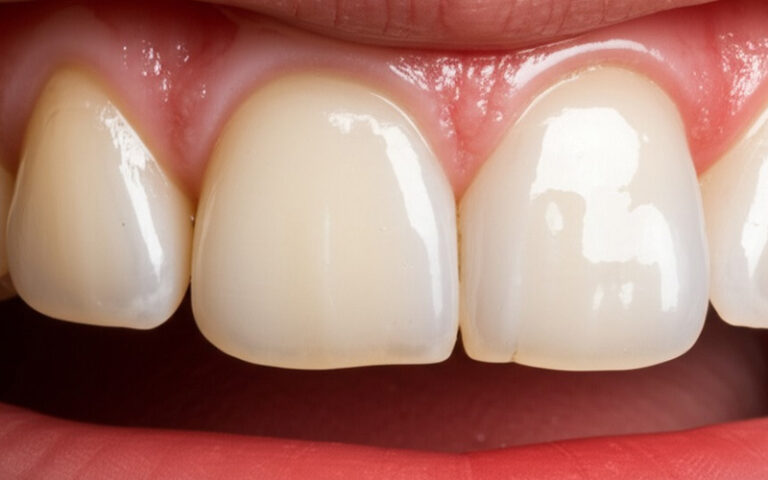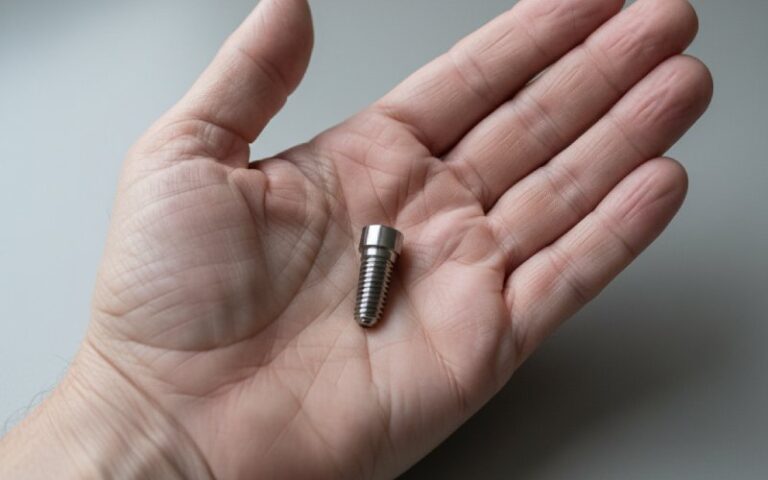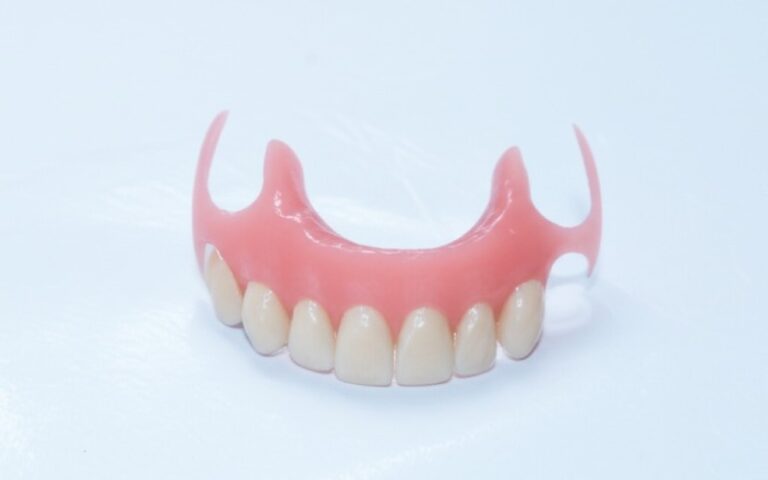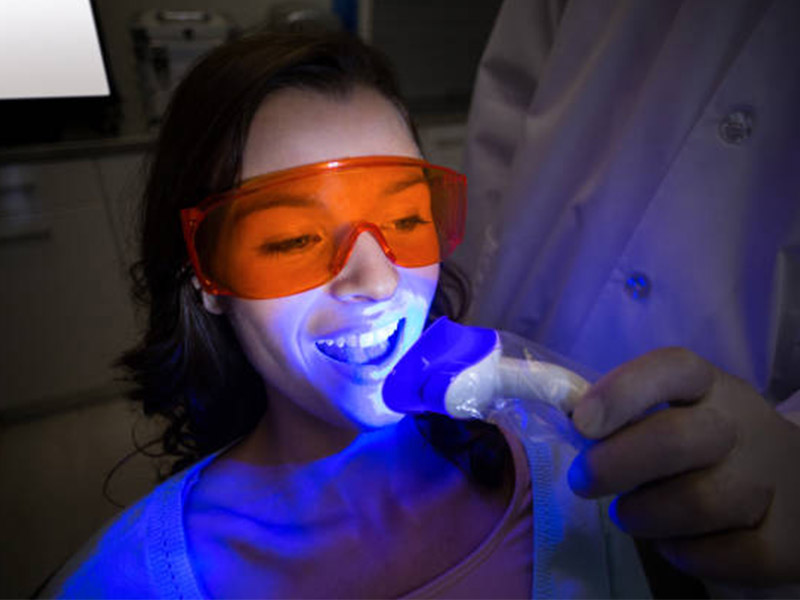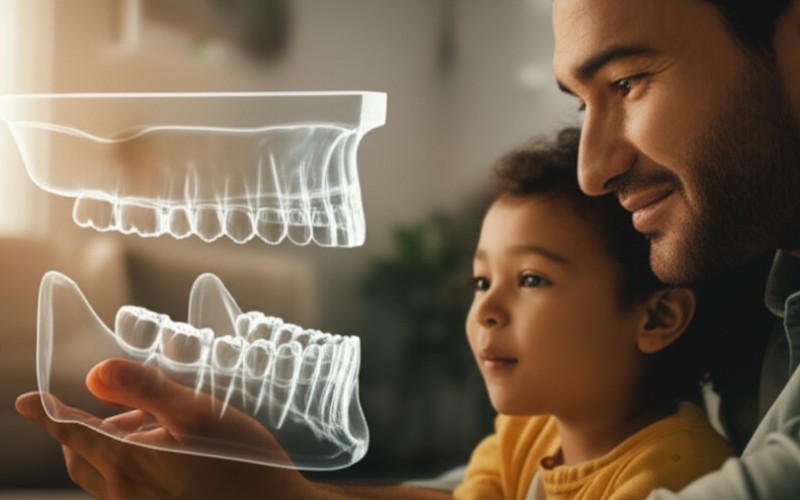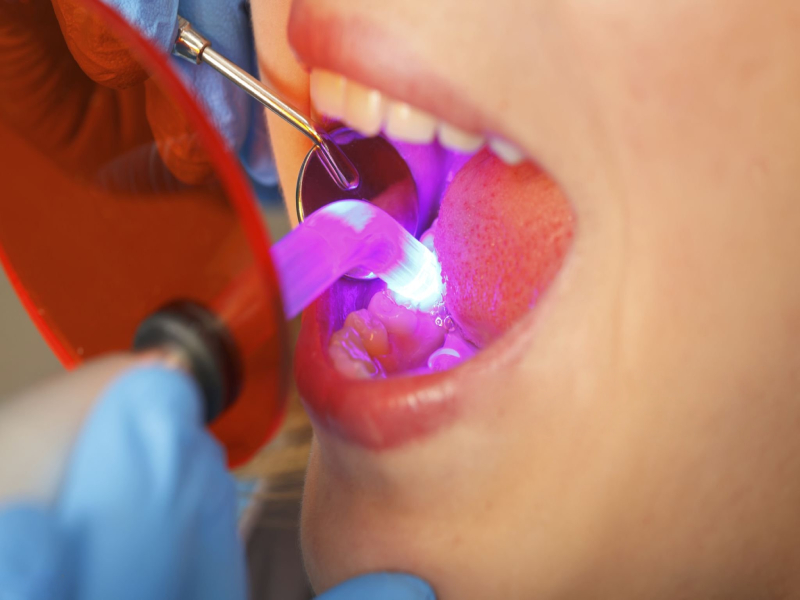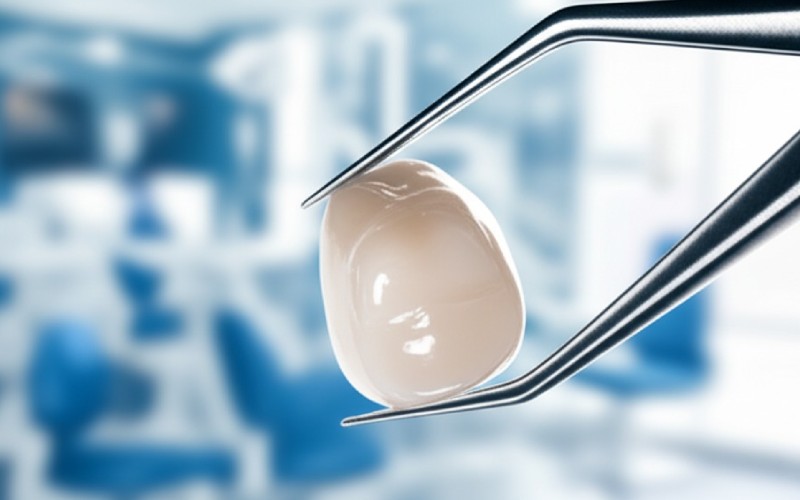
Guide to Oral Health Care During Pregnancy
This article will share about oral health care during pregnancy. It is full of simple, practical advice to help you and your baby stay healthy. This information is so important because good oral health is a key part of your overall well-being during pregnancy.
Table of Contents
Why is Your Oral Health So Important During Pregnancy?
Your oral health is deeply connected to your general health. This is even more true when you are pregnant. Your body is working hard to grow a new life, and any infection or problem, including in your mouth, can affect your whole system. The importance of oral health cannot be overstated.
Taking care of your mouth is a simple way to take care of your baby. Studies from the National Institutes of Health have shown that serious gum problems can be linked to problems in pregnancy. This is why focusing on your oral health is so important. Poor oral health during pregnancy is a pregnancy risk that you can control. The goal is to prevent any oral health problems before they start, which is a big step toward a healthy pregnancy. Your oral health is important for both you and your baby.
The Changes You Should Notice in Your Mouth During Your Pregnancy?
The changes during pregnancy are a surprise. One of the first things is your gums. They seemed more sensitive and would sometimes bleed when you brush. You will experience morning sickness, and the acid from being sick could cause damage to your teeth. Hormonal changes during pregnancy can affect your body’s response to plaque, the sticky film of germs on your teeth.
These changes can make you more likely to have dental problems. For example, pregnancy may make you more prone to a cavity or gum issues. You may also find yourself snacking more often, which means your teeth are exposed to sugars more frequently. All of this means you have to pay extra attention to maintaining your oral health. It’s not just you; these are common oral conditions among women who are pregnant. Understanding these changes is the first step in managing your oral health during pregnancy.
Can Pregnant Women Really Go to the Dentist?
Yes, absolutely! The American Dental Association says it is safe and important for pregnant women to get dental care. It is a good idea to let your dental team know you are pregnant and how far along you are.
Visiting the dentist is a key part of having a healthy pregnancy. Your dentist can help you deal with any pregnancy-related dental symptoms. They can perform a dental examination to check for any issues. If you are trying to become pregnant, it’s a great idea to schedule a dental visit to take care of any problems beforehand. But if you are already pregnant, do not wait. A dental visit is a safe and smart move.
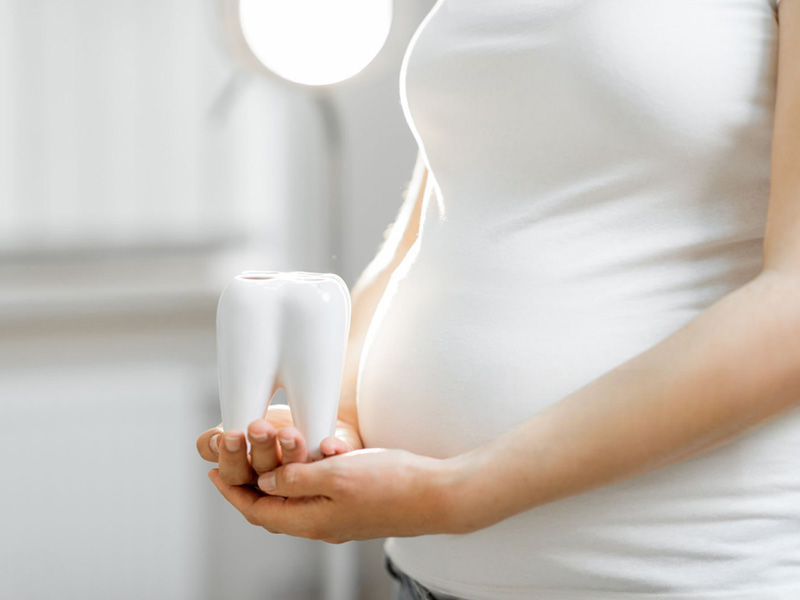
Are Dental Procedures and X-Rays Safe During Pregnancy?
This is the biggest fear indeed. Routine dental procedures are safe during pregnancy. In fact, it is safer to treat a dental problem than to leave it alone. An untreated infection can be a risk to your pregnancy. If you need a filling for a cavity, it’s best to get it done. The second trimester is often the best time during pregnancy for these procedures.
What about dental x-rays? The American Dental Association says that dental x-rays are also safe with proper shielding. Your dentist will cover you with a leaded apron to protect you and the baby. X-rays are usually only done if they are truly needed for a dental problem. Your care providers will always put your safety first. Discussing the safety of dental care with your dental provider can help you feel more comfortable. Many necessary procedures can be performed during pregnancy.
What is “Pregnancy Gingivitis” and How to Deal with It?
Pregnancy gingivitis is when your gums become red, swollen, and bleed easily. The hormonal changes of pregnancy can cause it. Your gums may tender, which could make you want to brush less. But that is the worst thing to do. You need to be even better about your oral hygiene.
Try brushing very gently with a soft-bristled toothbrush twice a day and make sure to floss every single day. This removes the plaque that makes the gum condition worse. The dentist also suggests rinsing mouth with a mix of one cup of warm water and one teaspoon of baking soda. This would help to soothe your gums. For most women, may this condition goes away after the pregnancy.
How Can You Maintain Good Oral Health While Pregnant?
Maintaining good oral health during pregnancy is all about being consistent. It’s not about doing anything complicated. It’s about building good oral health habits. The routine is simple: brush your teeth twice a day with fluoride toothpaste and floss once a day. This is the foundation of good oral health. It helps prevent tooth decay and gum problems.
Pay attention to your diet and try to limit sugary snacks and drinks. When you do have something sweet, rinse your mouth with water afterward. Drinking plenty of water is also great for your oral health. These simple steps make a huge difference. Following a routine is the best way to ensure your oral health while pregnant stays in top shape, which is a key part of care for pregnant women.
What Dental Care Should You Prioritize During Pregnancy?
When you are pregnant, some dental care is more important than ever. Your top priority should be prevention. This means keeping up with your routine dental checkups and cleanings. A professional cleaning removes plaque and tartar that you cannot get at home. This is the best way to prevent oral diseases. A dental examination is also part of screening for oral issues.
If you have a problem like tooth decay or a cavity, getting treatment during pregnancy is the next priority. Leaving these health conditions untreated can lead to more serious oral health problems and pain. Your health care professional can advise you on the best timing for any needed dental treatment. Your focus should be on keeping your mouth healthy to support a healthy pregnancy.
Does Your Oral Health Affect Your Baby’s General Health?
This is where the connection becomes very clear. Your oral health can directly impact your baby’s health. Research has explored the relationship between periodontal disease and poor pregnancy outcomes. Periodontal disease is a serious gum infection that can damage the soft tissue and bone that support your teeth, leading to teeth with little bone support. Some studies suggest a link between this disease and adverse pregnancy outcomes.
These adverse pregnancy outcomes can include having a baby with a low birth weight or even preterm birth. The bacteria from a gum infection can get into your bloodstream and affect the baby. This is why managing your oral health in pregnancy is so critical. The improvement of maternal oral health is a step toward protecting your baby. The oral health of the mother is a foundation for the baby’s oral health.
What Are the Best Tips for Good Oral Care at Home During Pregnancy?
Creating a solid at-home oral care routine is simple. First, brush gently for two minutes, twice a day. Use a fluoride toothpaste approved by the American Dental Association. Second, floss every day. This is the only way to clean between your teeth and under your gum line. These two oral hygiene habits are your best defense against dental caries, another name for cavities.
If you have morning sickness, rinse your mouth with water or a water and baking soda mix after you get sick. This helps to wash away the stomach acid. Wait about 30 minutes before brushing, as the acid can soften your enamel, and brushing right away can cause more harm. These small actions add up to good oral hygiene and help you take care of your teeth throughout pregnancy.
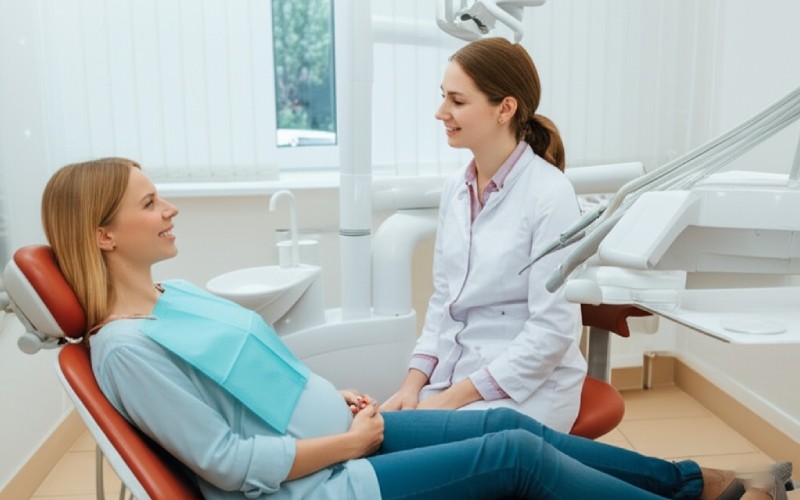
How Does Dental Care Fit into Your Overall Prenatal Care Plan?
Think of your dental care as a part of your total prenatal care. Just like you see your doctor regularly, you should also see your dentist. Your doctor, your dentist, and other care providers should work together. Just tell your doctor about your dental visit, and tell your dentist about your pregnancy. This open communication helps ensure you get the best and safest care. It’s all about a team approach to your health and your baby’s health.
Many health insurance plans and public programs, like Medicaid, have benefits that help with women’s oral health, especially during pregnancy and lactation. Be sure to check what your health coverage covers dental services. The National Maternal and Child Oral Health Resource Center and the Department of Health also have great resources for pregnant women and new mothers. Making oral health care a standard part of your pregnancy plan is one of the best things you can do for yourself and your baby. Focusing on maternal and child oral health is a long-term investment.

